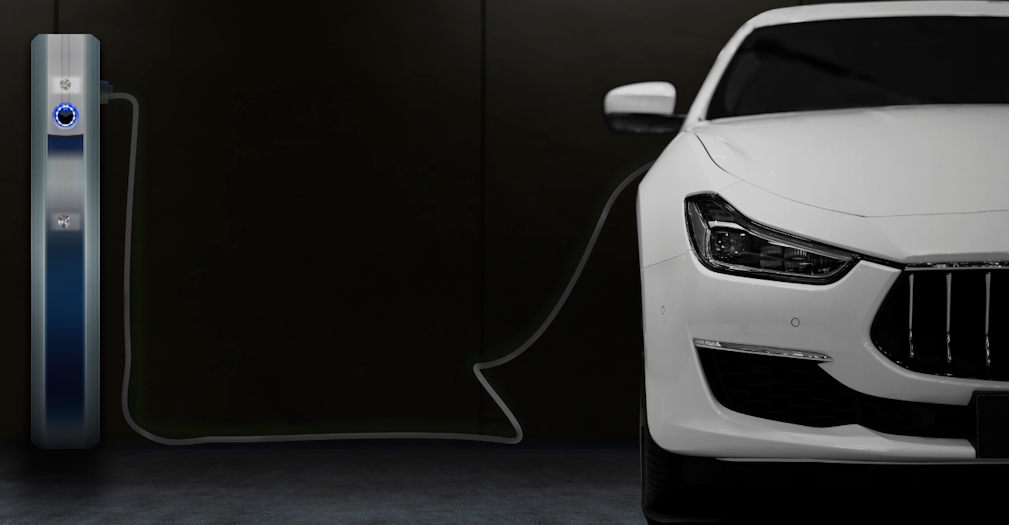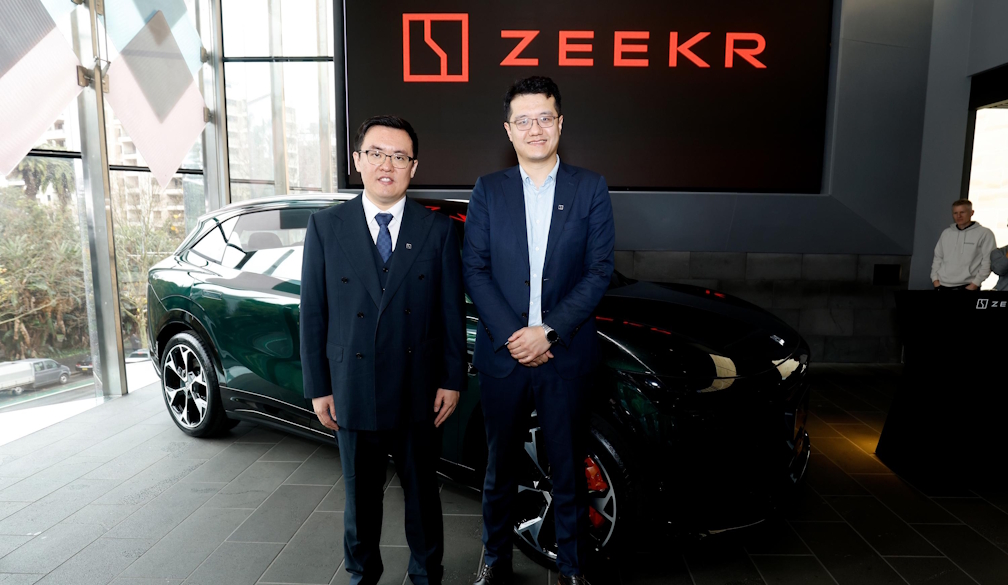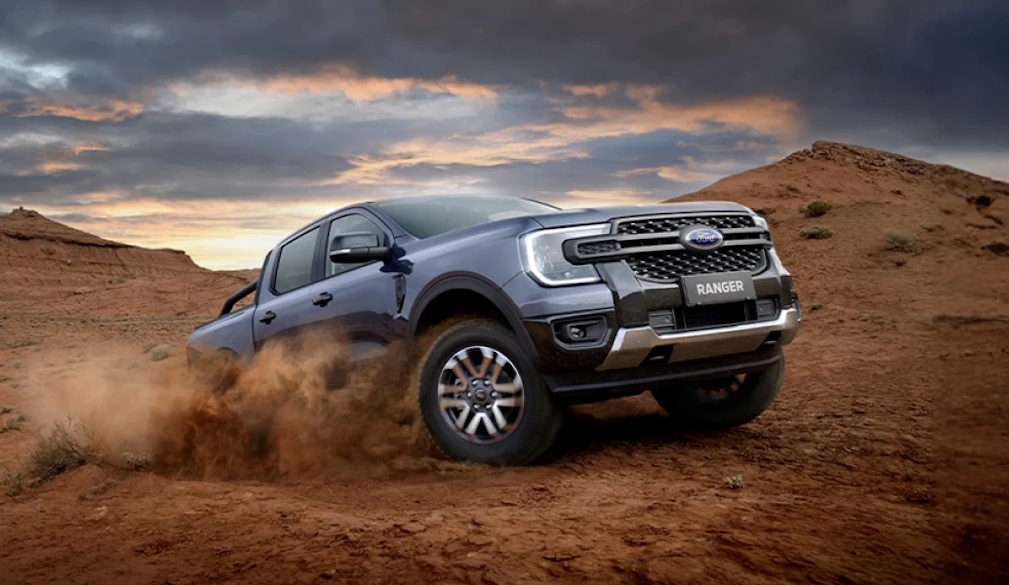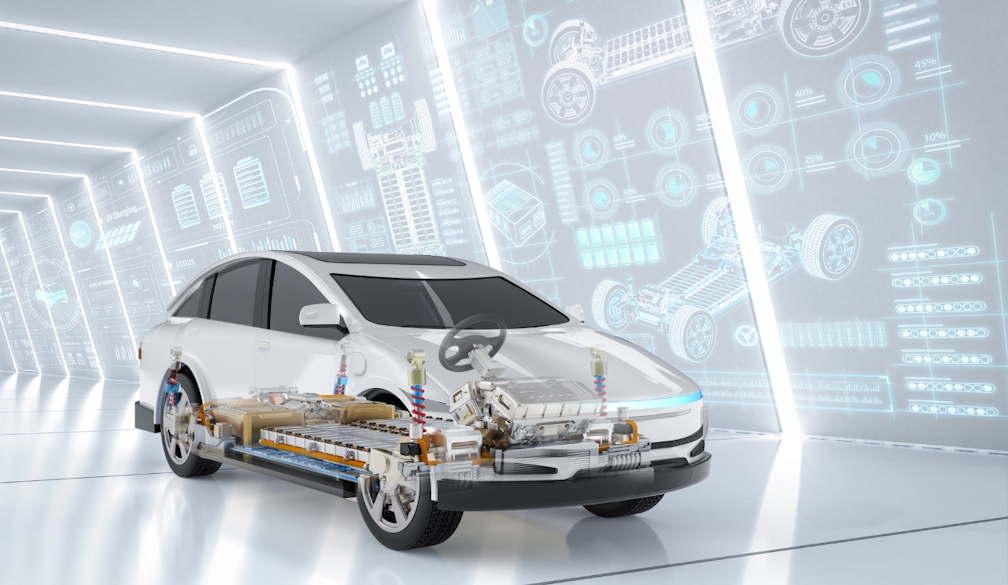Why Chinese-Made Electric Cars Might Just Be Great Value
- Written by Men's Weekly

As the electric vehicle (EV) market matures, Chinese-made electric cars are increasingly making waves across the globe. Once met with skepticism, they’re now proving to be competitive contenders — offering a compelling mix of price, features, and innovation that’s hard to ignore. Here’s why they might just be great value for buyers.
1. Competitive Pricing Without Compromising Features
Chinese EV manufacturers such as BYD, NIO, XPeng, and MG (SAIC) have managed to keep production costs lower than many Western rivals, thanks to streamlined manufacturing, localised supply chains, and government-backed infrastructure. The result? Vehicles that are often thousands of dollars cheaper than equivalent models from Tesla, Hyundai, or European brands — yet still offering impressive range, safety, and tech inclusions.
2. Leadership in Battery Technology
China dominates global battery production, controlling much of the supply chain for lithium, cobalt, and other key materials. Brands like CATL (Contemporary Amperex Technology Co. Limited) lead the industry in battery innovation, producing high-energy-density cells that enable longer range and faster charging. This vertical integration allows Chinese automakers to deliver strong performance without inflating prices.
3. Strong Focus on Range and Charging Speeds
Range anxiety is one of the biggest concerns for EV buyers — and Chinese automakers are tackling it head-on. Many models now offer ranges exceeding 400–500 km per charge and support ultra-fast DC charging that can replenish batteries to 80% in under 30 minutes. For city commuters and long-distance drivers alike, this closes the gap with premium Western offerings.
4. Technology-Loaded Cabins
From AI-powered driver assistance to expansive infotainment screens, voice-activated controls, and 5G connectivity, Chinese EVs often come loaded with tech that’s optional — or absent — in more expensive competitors. Some even integrate advanced features like facial recognition for driver settings, over-the-air software updates, and augmented reality navigation as standard.
5. Global Expansion and Quality Improvements
The early reputation of Chinese cars suffered from quality concerns, but those days are fading. Many brands now work with internationally recognised design houses and engineering teams, and vehicles are tested to meet — or exceed — Euro NCAP and ANCAP safety standards. With export markets such as Australia, Europe, and the UK in their sights, quality control has become a top priority.
6. Government and Market Support
The Chinese government’s aggressive EV adoption targets, subsidies, and charging infrastructure rollout have created a thriving domestic market that fuels innovation. This home advantage allows Chinese brands to scale production and refine models before entering overseas markets — a process that keeps prices competitive and features cutting-edge.
7. The Value Proposition
While brand prestige and resale value may still favour established Western or Japanese automakers, the equation is shifting. For buyers seeking maximum features, long range, and strong safety at an affordable price, Chinese-made electric cars increasingly tick all the boxes. As battery technology improves and export networks grow, they’re set to become not just a “budget” option, but a serious first choice.
Chinese-made electric cars have moved well beyond their “cheap alternative” image. By combining cost efficiency, high-tech features, and impressive range, they offer one of the most compelling value propositions in today’s EV market — and that’s a trend likely to accelerate.
Here’s a refined comparison highlighting why Chinese-made electric vehicles (EVs) are offering exceptional value in Australia. The models featured below represent some of the most talked-about Chinese EVs currently available or arriving soon down under.
Comparing Chinese EVs in Australia: Value Highlights
| Model & Brand | Price (AUD, pre on-roads) | Notable Specs & Features | Why It’s Great Value |
|---|---|---|---|
| BYD Dolphin Essential | From $29,990 | Compact hatchback, two battery sizes, solid range | Australia’s cheapest EV, undercuts hybrids |
| BYD Atto 3 | From ~$39,990 | Crossover SUV with good tech and range | Pricing pressures force competitiveness |
| Leapmotor C10 (BEV) | From ~$45,888 | EV SUV, ~420 km range | Solid range at lower cost than key rivals |
| Leapmotor C10 REEV | From ~$45,900 | Range-extender: ~170 km electric + petrol engine | Huge 1,150 km total range, avoiding charging limits |
| XPeng G6 | From ~$54,800 | SUV with 435–570 km range, 10-year warranty | Long warranty + long range for the price |
| Zeekr 7X | From $57,900 | Mid-size SUV undercuts Tesla Model Y, premium finishes | Premium feel at a lower price |
| MG4 EV | Starting around $40k–$50k (various trims) | Hatchback with multiple battery options, ~77 kWh max | Proven brand, flexible options, competitive range |
| Geely EX5 | Sharp pricing vs Tesla Model Y; on sale since March 2025 | Locally tuned suspension for Aussie roads | Positioned as a value-oriented Model Y rival |







